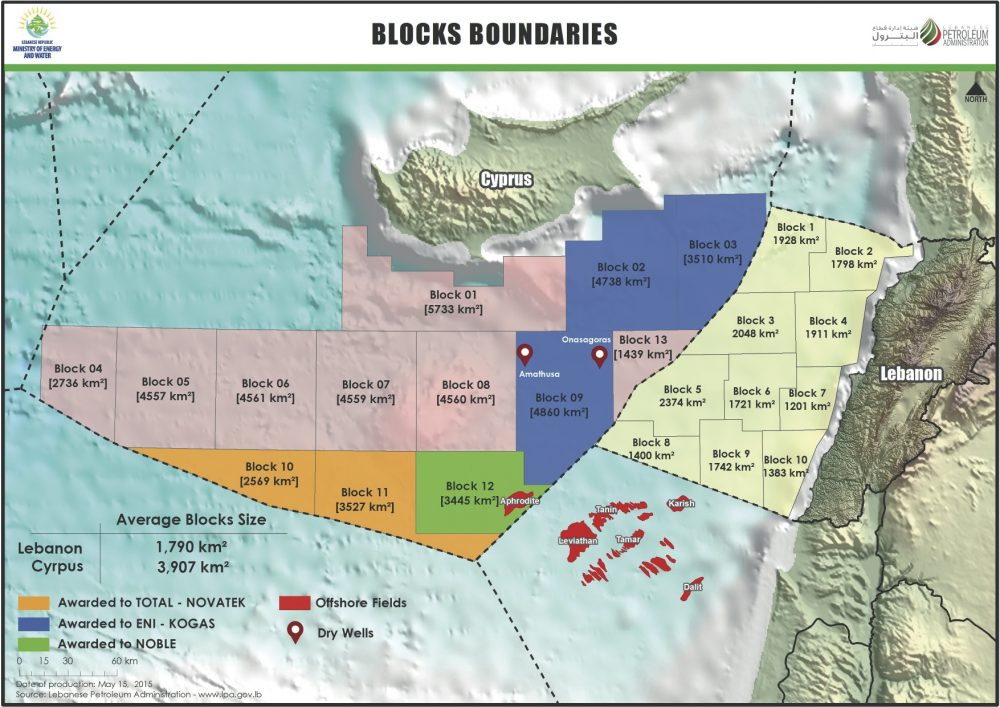Sami Atallah
Dr. Sami Atallah is the Founding Director of The Policy Initiative and former director of the Lebanese Center for Policy Studies (2011-2020). With expertise in economics and political science, he has led numerous policy studies on sectarianism, governance, and economic diversification. Dr. Atallah holds advanced degrees from Yale, Columbia, and NYU and has co-edited several publications, including The Future of Oil in Lebanon.

